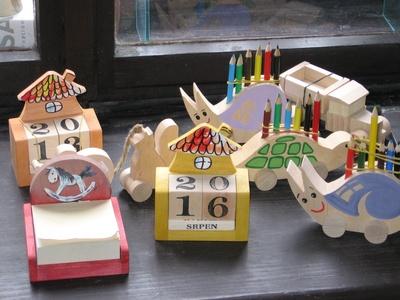You already know that playing games can be fun, but what you may not know is that that playing games with your child can actually boost her skills and knowledge. Since children often learn new skills and master old ones through play, playing games sets the stage for learning. Once the stage is set, children are better able to learn the concepts and skills that are being practiced through game play.
Function of Learning Games
Learning games can be used to teach new concepts and skills or to reinforce and master old ones. For example, learning games may be used to help teach a child new numbers, or to reinforce the numbers that she has already learned. Since learning games are designed to be fun to play, they present an opportunity for your child to learn in a low pressure way that entertains and engages her. In a nutshell, learning games make learning fun.
Types of Learning Games
Board games, card games, mind games and computer games are a few of the different types of learning games available. Board games include Candy Land and Chutes and Ladders. Card games include Memory and Go Fish. Mind games include I Spy; computer games may include puzzles, matching games and more. Several computer-based learning games are available on the Internet. They can be found at popular children’s websites, like PBS Kids.
Identifying Learning Games for Kids
Games that incorporate colors, numbers, letters and animals into their design are perfect learning games for young children. These games may have a board with various colors that players move along or require a player to match the animal to the appropriate sound it makes. Games that require children to identify items that are similar and different are also great tools for learning. For older children, games that incorporate math, grammar, science, history or spelling into their design can be great learning tools.
Benefits of Playing Learning Games
Playing learning games makes education fun. Learning games can teach and reinforce facts, concepts and skills. They can teach children to read, count and to identify things. They can also help to build a child’s confidence as he gains new skills and masters old ones. Since playing learning games is something you can do with your child, they can help to foster the parent-child relationship.
Considerations When Choosing Learning Games
When choosing learning games for your child, it’s important that the games are age appropriate. Age appropriateness includes making sure that there are no small pieces for a young child to choke on and that your child is developmentally able to follow the rules and understand the concept of the game. If your child is introduced to a game that is not age appropriate, she is likely to become frustrated because she will be unable to play the game successfully. The game should also interest your child. For example, a 5-year-old boy may not be interested in playing a Barbie-themed matching game, but he may be interested in playing one that features trucks.
Photo Credit
- wood games image by matko from Fotolia.com





